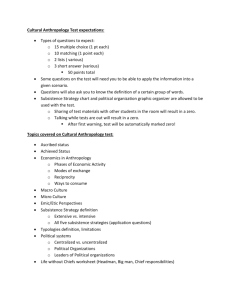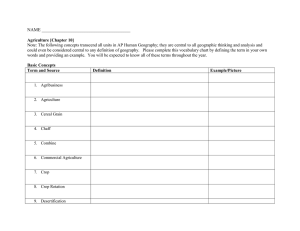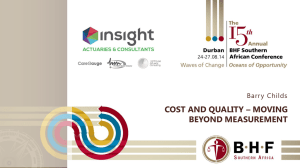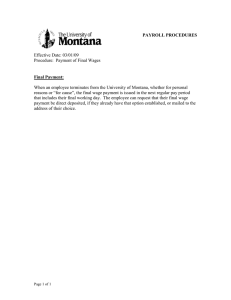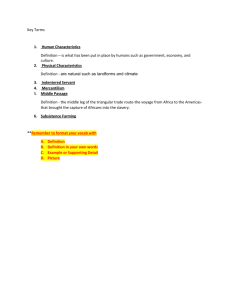Nutrition and Child Labor Supply in Nepal
advertisement
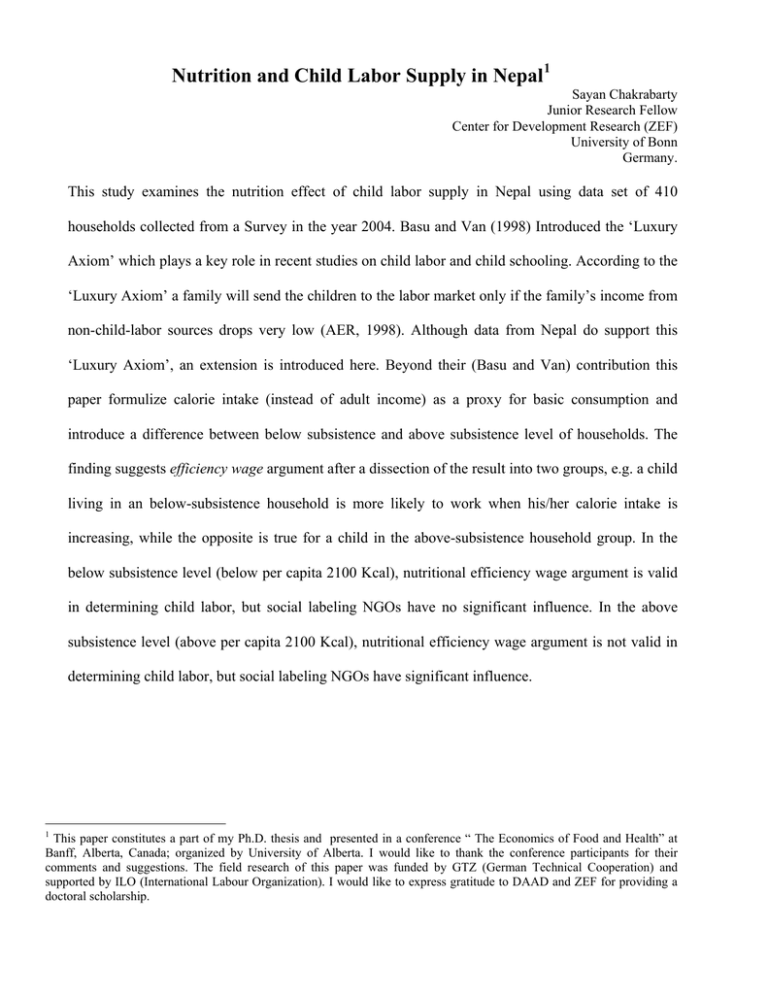
Nutrition and Child Labor Supply in Nepal1 Sayan Chakrabarty Junior Research Fellow Center for Development Research (ZEF) University of Bonn Germany. This study examines the nutrition effect of child labor supply in Nepal using data set of 410 households collected from a Survey in the year 2004. Basu and Van (1998) Introduced the ‘Luxury Axiom’ which plays a key role in recent studies on child labor and child schooling. According to the ‘Luxury Axiom’ a family will send the children to the labor market only if the family’s income from non-child-labor sources drops very low (AER, 1998). Although data from Nepal do support this ‘Luxury Axiom’, an extension is introduced here. Beyond their (Basu and Van) contribution this paper formulize calorie intake (instead of adult income) as a proxy for basic consumption and introduce a difference between below subsistence and above subsistence level of households. The finding suggests efficiency wage argument after a dissection of the result into two groups, e.g. a child living in an below-subsistence household is more likely to work when his/her calorie intake is increasing, while the opposite is true for a child in the above-subsistence household group. In the below subsistence level (below per capita 2100 Kcal), nutritional efficiency wage argument is valid in determining child labor, but social labeling NGOs have no significant influence. In the above subsistence level (above per capita 2100 Kcal), nutritional efficiency wage argument is not valid in determining child labor, but social labeling NGOs have significant influence. 1 This paper constitutes a part of my Ph.D. thesis and presented in a conference “ The Economics of Food and Health” at Banff, Alberta, Canada; organized by University of Alberta. I would like to thank the conference participants for their comments and suggestions. The field research of this paper was funded by GTZ (German Technical Cooperation) and supported by ILO (International Labour Organization). I would like to express gratitude to DAAD and ZEF for providing a doctoral scholarship.
